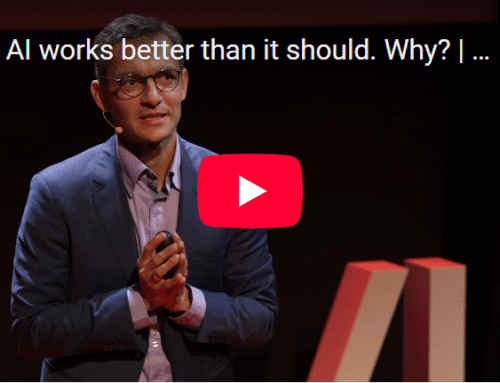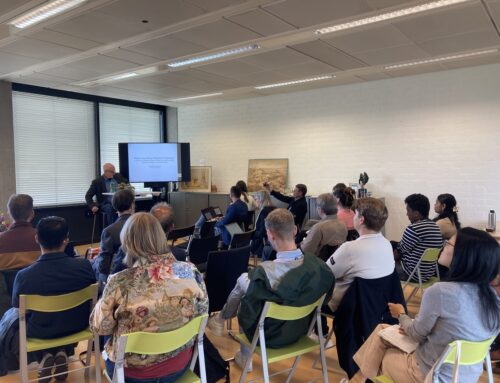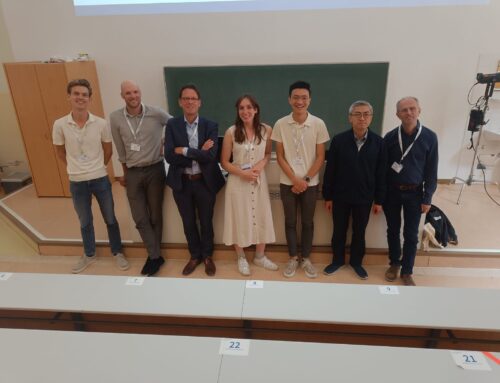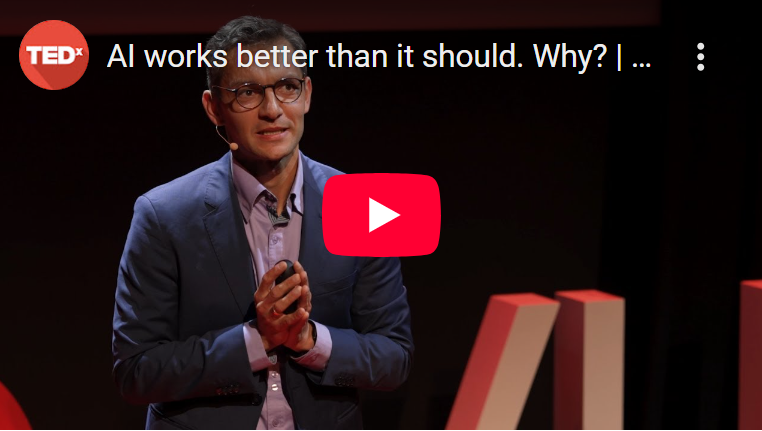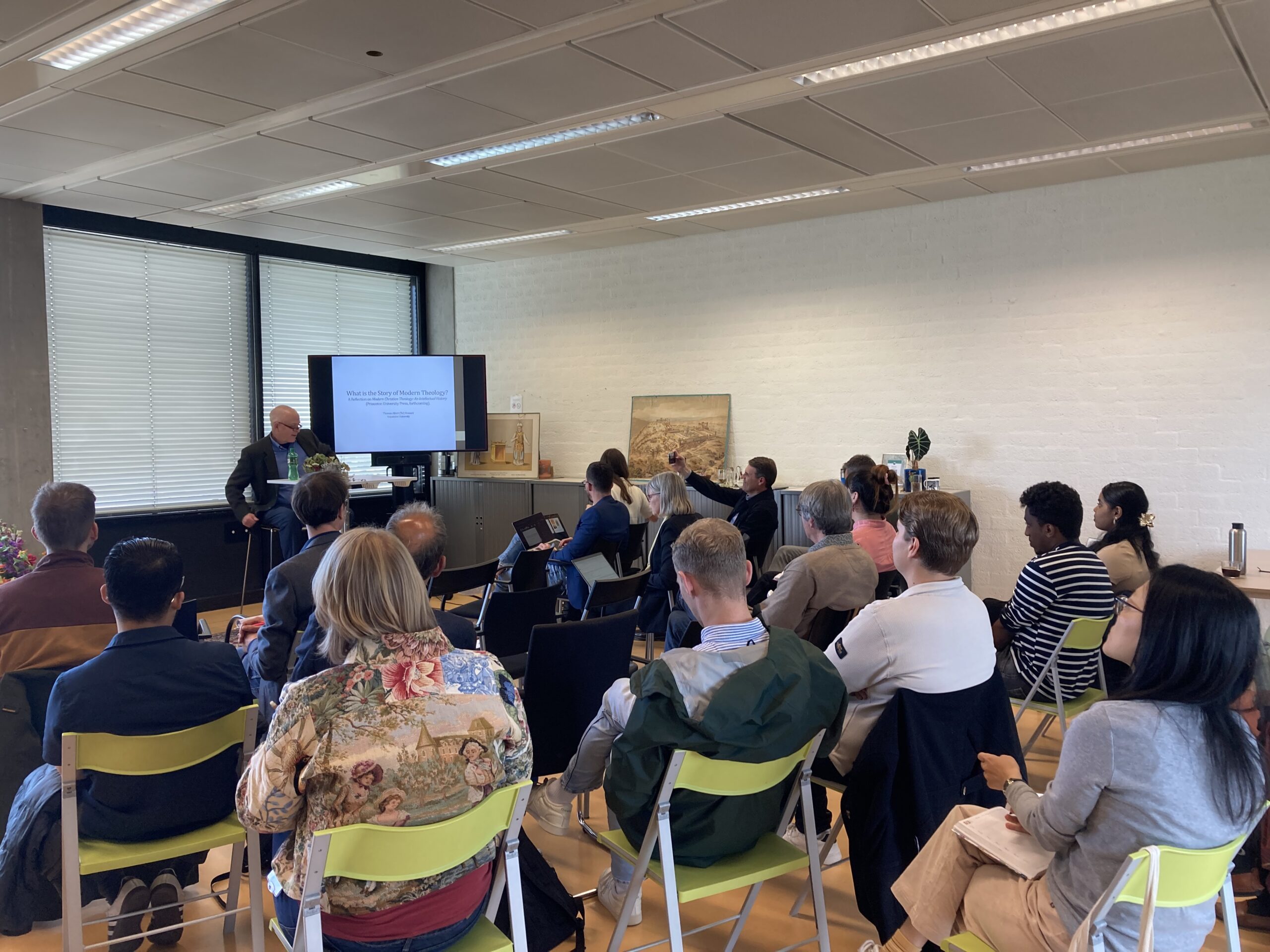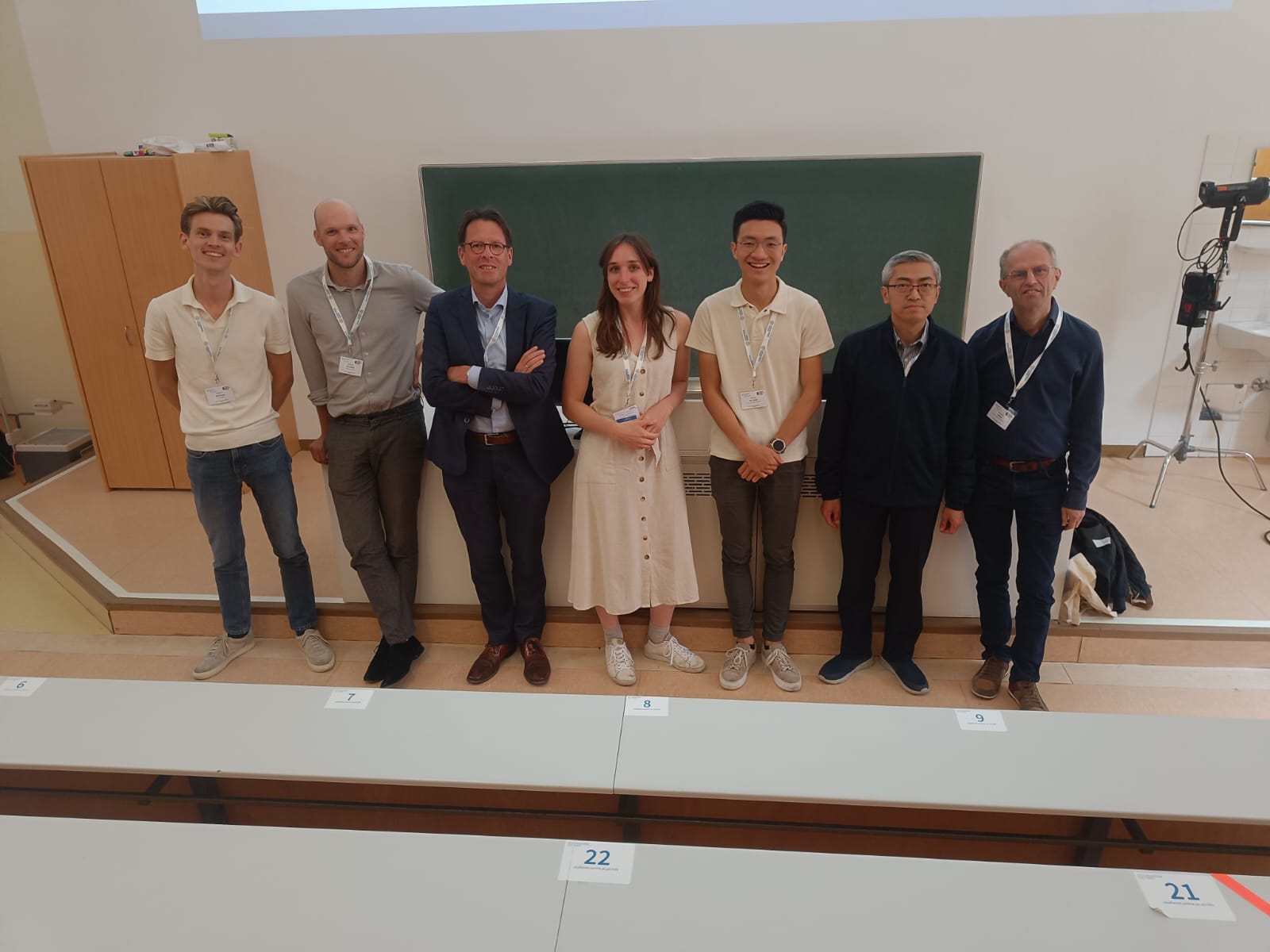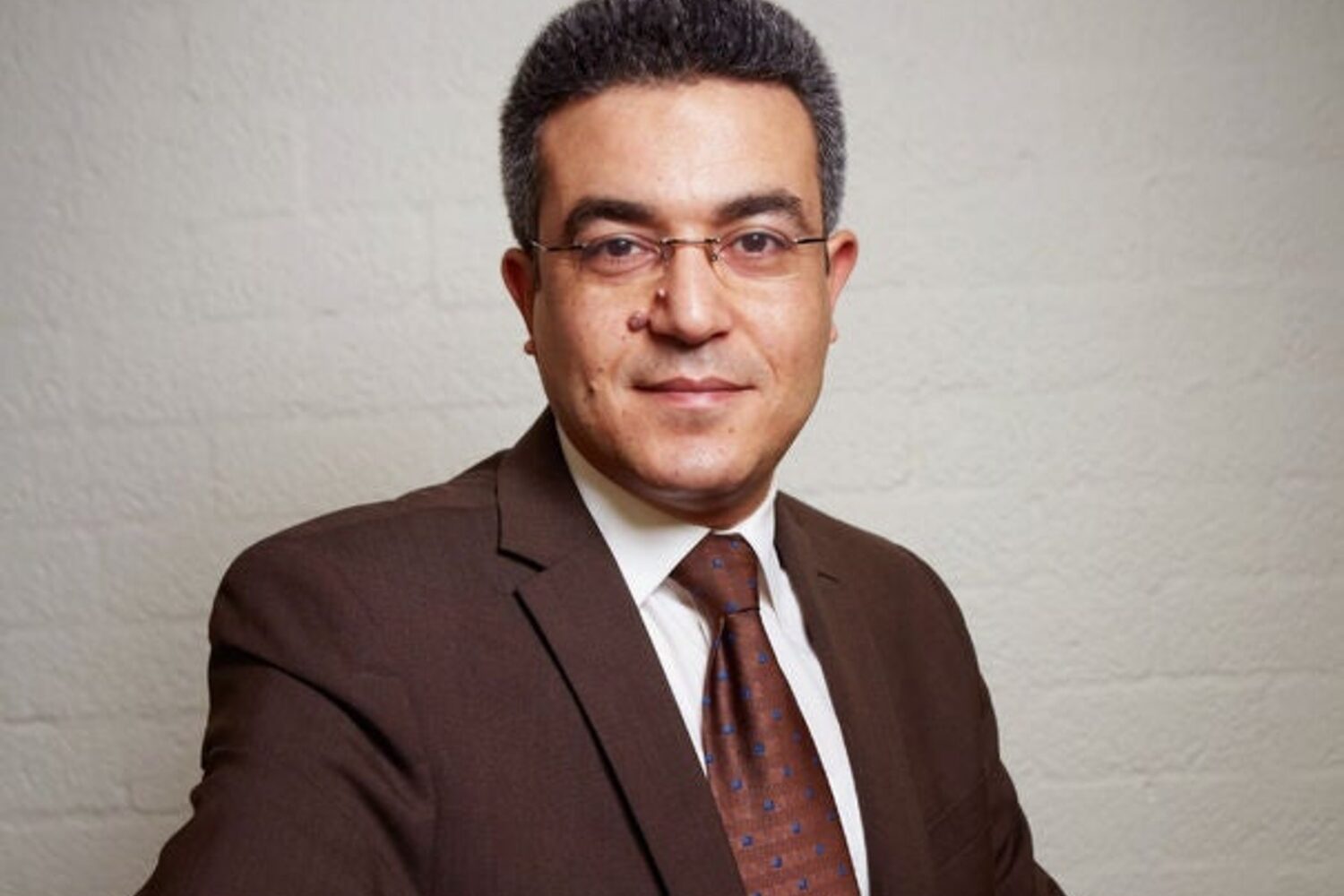
Dr. Yaser Ellethy is rector-director of the Centre for Islamic Theology at the Faculty of Religion and Theology – VU Amsterdam, and president of the European Society for Intercultural Theology and Interreligious Studies (ESITIS). We asked him to reflect on the future of academic theology.
The study of religion and theology have been challenged by both secularism and modernity. The core aspect of this challenge lies in the question whether “religion” and divine “revelation” could be a reliable source of (measurable) knowledge. This epistemological tension was politically imposed on academic debates on the relevance of doing theology and religious studies. The question turned to be disciplinary existential: why to do theology and religious studies in a university, and how do they relate to each other. Apart from the epistemological fallacy of the question, faith and tradition have never ceased to directly and indirectly play a significant role in human life. The role of religion has even become more relevant in dealing with challenges of modernity. Think indicatively of regional-universal human rights, (inter)national conflicts and peacemaking, political radicalism and populism, social cohesion and deradicalization in multicultural societies, medical bioethics, environmental-climate and sustainable developments challenges, spiritual guidance and mental health, and the list goes on. While religious studies can address some problems such as social and gender justice, without theology and scriptural rooting they may fall short in the legitimisation and consolidation of these principles among greater majorities of faith communities. Theology does not only inform other “sciences”, but it also adds nuances to their worldview, moral philosophy and relevance to considerable social groups of believers.
Theology, as the systematic study of religion, is not merely about the Divine, faith forms and belief in the “metaphysical”; it should not be perceived as a study of an obsolete transcendental historical phenomenon. It is rather about the perpetual essence of the human existence and how we give and acquire a meaning for our life in and beyond this world. Without theology, spirituality, moral and ethical norms and values, applied sciences and technology could be blind and lame. Because of the intricate increasing pluralities of our modern societies, the need for the pluralisation of theologies in our academic settings, the promotion of academic programs for the systematic study of religion, interreligious studies and intercultural theology is becoming more relevant than ever. To proof and stress this need, theology and religious studies scholars should pay special attention to the projection of the relevance of their academic work (education, research and community outreach) to other academic disciplines and, most importantly, to convince policy makers of its impact on considerable masses within the society and the disconcerting future of our modern world.
Leave A Comment
Related Posts
In his recent talk at TEDxVUAmsterdam Marius Dorobantu shared an intriguing vision of how thinking [...]
In September 2025, we had the pleasure to welcome prof. Thomas Albert Howard [...]
From left to right: Michiel Bouman, Matthias Teeuwen, Gijsbert van den Brink, Marieke van [...]
